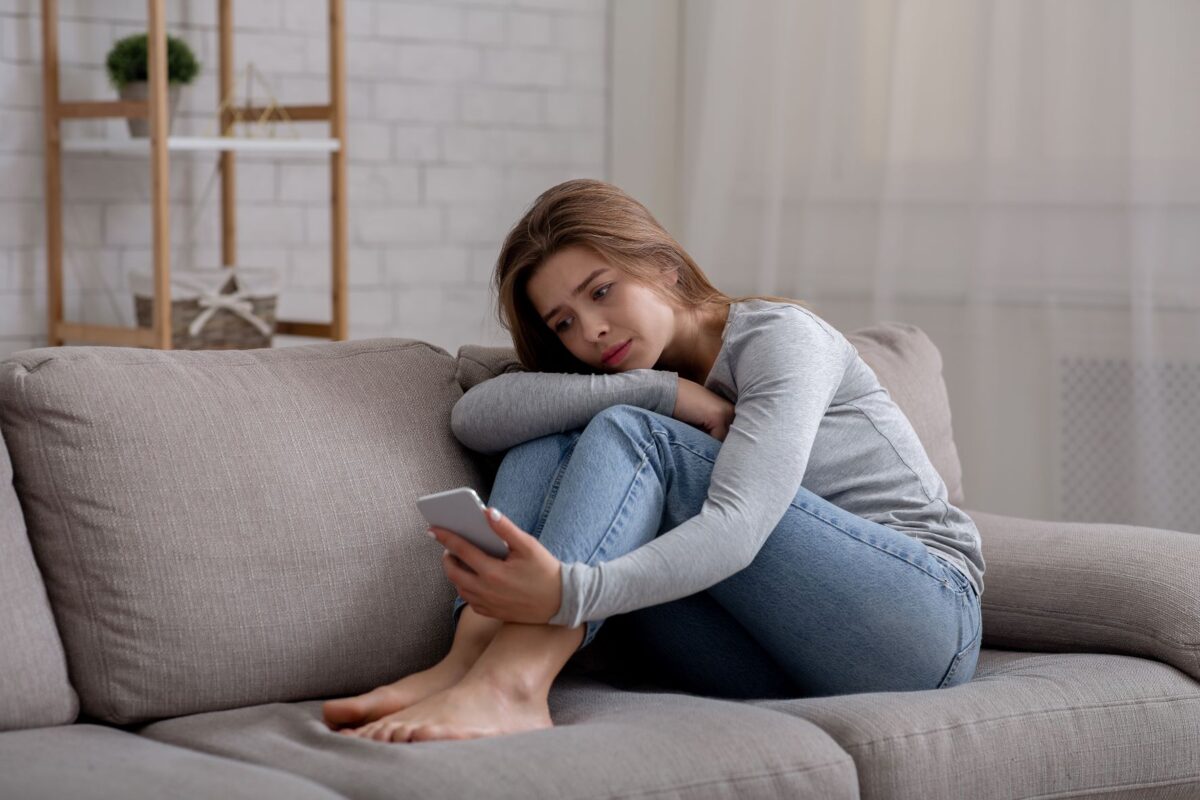Definition of Revenge Porn’
Image-based abuse (IBA), more commonly known as “revenge porn”, happens when an intimate or sexually explicit image or video is shared or distributed without the consent of the person pictured. The material may have been filmed or taken with or without their consent at that time. With developing technology, IBA also now includes images or videos that have been digitally altered using Photoshop or specialised software, called “deep fakes”.
The term “revenge porn” is not an accurate term for image-based abuse as revenge is not always the motive. Perpetrators use the material for blackmail, for financial gain and notoriety. To make things worse for victims of revenge porn, the images or videos are sometimes accompanied by identifying information and links to their social media profiles. These non-consensual pornography materials can also spread uncontrollably as sites and individuals further distribute them to other media.
History of Revenge Porn
Publication of non-consensual pornography pre-dated the internet and actually began in the 1980s. Hustler magazine featured a “Beaver Hunt” section of reader-submitted images of naked women. These images often included some personal details of the women like their hobbies, sexual fantasies and even their names. Lawsuits were filed against the magazine as many women’s photographs were not submitted with their consent or permission, or with the consent form having been forged by other individuals.
With the advent of technology, image-based abuse moved to the internet. In response to this, social media sites and other online platforms ( like Reddit and Twitter) had to change their privacy policies and began banning sexually explicit content posted without consent of those depicted. The search engines Google and Microsoft have placed online forms for removal requests of revenge porn. However, websites and online public forums dedicated to revenge porn still exist despite international crackdowns.
Legislation for Revenge Porn
With the ever increasing numbers of reported incidents, public outcries and take-down requests, laws have been passed all over the world to finally ban and punish the practice. Different jurisdictions have classified image-based abuse or non-consensual pornography as psychological abuse, domestic violence or a form of sexual abuse. The definition and scope of the laws also largely vary.
In Australia, Image-based abuse also includes the threat of sharing an intimate image or video. Their laws also define an intimate image or video as one that shows
- a person’s genital area or anal area (whether bare or covered by underwear)
- a person’s breasts (if the person identifies as female, transgender or intersex)
- private activity (for example a person undressing, using the bathroom, showering, bathing or engaged in sexual activity)
- a person without attire of religious or cultural significance if they would normally wear such attire in public
In the United States, copyright, criminal laws, tort and privacy laws are used against perpetrators of revenge porn. To date, according to Cyber Civil Rights Initiative, 48 states, DC and two territories now have laws against non-consensual pornography. Massachusetts, South Carolina, Virgin Islands, Northern Mariana Islands and American Samoa are the only states or territories that still do not have laws related to non-consensual pornography. However, this does not mean that revenge porn isn’t unlawful in these areas, it just means they have no particular or specific law against it.
European countries have broad privacy statutes that are applied to protect victims of revenge porn. France and Italy are countries that have actually criminalised the act.
In the United Kingdom, revenge porn was made a specific offence in the Criminal Justice and Courts Act 2015, Section 33(1) which sentences a guilty individual to up to two years imprisonment.
Remove images, posts or other content

Contact the Website
Most websites, social media services, apps and games offer ways to report abusive content and request that it is removed. In general, you can report the abusive content to the service or platform it was posted on. A successful removal request is not guaranteed if the website itself is known to feature or host abusive content.
Here are some helpful links to submit your reports:
StopNCII.org – operated by U.K. Revenge Porn Helpline, this is a tool launched by
Meta / Facebook.
Google Search Results – a request portal to remove/ stop abusive content from
showing up in search results
Twitter – either flag the post directly or submit your request via this form under “an
unauthorized photo or video” and “It is an intimate and/or unauthorized
image of me, or somebody else”
Reddit – click “I want to report other issues” and choose “it’s non-consensual intimate
media”
Contact the Perpetrator – Be careful
In some instances, if you know who the perpetrator is, the best option is to contact that person and request to have the image or video removed. Be cautioned that this could also make matters even worse if the person is a professional hacker, extortionist or a person really out for revenge. If your conversation gets out of hand, contact the authorities immediately and inform friends and/or family of your potentially dangerous situation.
If you do not want to personally communicate with the perpetrator, ask a friend, family member, social worker or a lawyer to do so for you. A lawyer may send a cease and desist letter to the person and can file a legal action against them.
Ask for Help
For both options, you may choose not to directly involve yourself in the removal processes. The emotional and psychological torment this situation has caused you may prevent you from being proactive and effective in seeking removal of the content. As mentioned above, a family member, a friend or lawyer may represent you in all of the removal processes. If you do not want to involve anyone you personally know or would rather not hire a lawyer at this time, contact us at [email protected]. We do not give legal advice but we will assist you in having the abusive content removed.
You Got Accused
If you have been accused of spreading abusive content or you already have a warrant against you, please seek expert legal advice and representation. Act quickly to protect your rights and reputation. Find out why exactly you have been accused and gather all your counter proofs or pieces of evidence to show your innocence.


